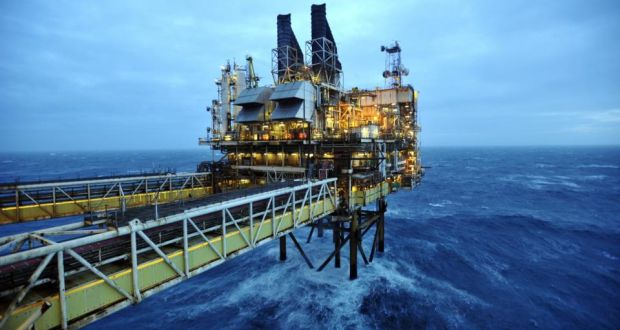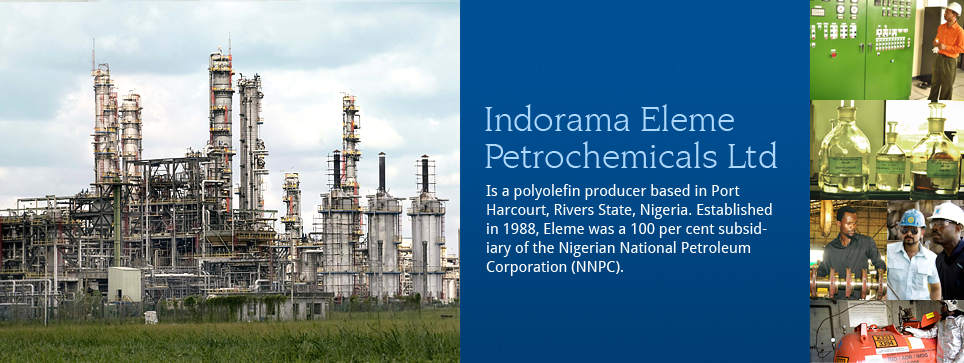08 November 2015, Ibadan – Indiscriminate shutting down of filling stations across the country by the Department of Petroleum Resources (DPR) got a knock from petroleum products consumers under the aegis of Petroleum Consumers Association, when they staged a protest in Ibadan, yesterday, over the sealing of many filling stations in the city, leaving them at the mercy of black marketers at a time scarcity of products is biting hard.
 The group warned that the situation could worsen the already poor supply in the country, saying there must be another way of penalizing filling station owners who default instead of creating a situation capable of endangering the economy, particularly at a time the country is hit by the drop in crude oil price.
The group warned that the situation could worsen the already poor supply in the country, saying there must be another way of penalizing filling station owners who default instead of creating a situation capable of endangering the economy, particularly at a time the country is hit by the drop in crude oil price.
For about two weeks now, there have been tensions in some parts of the country following the speculation that government had run out of supply of petroleum products manifesting in reappearance of queues in some parts of the North and South-West. While government is striving to supply more products to marketers, its agencies appear to be creating what some described as ‘government made artificial fuel scarcity’, through the closure of filling stations in some parts of the country.
A leader of the group, who simply identified himself as Kayode Afolabi, said their grouse was that, rather than close filling stations, government should ensure that the market is flooded so that those with the intent of making abnormal profit from the situation would be disappointed.
Kayode said, as patriotic citizens, members of the group had taken it upon themselves to monitor filling stations to ascertain when supply is low and blacklist those bent on profiteering from the situation.
“As stakeholders, we deem it necessary to assist government and its regulatory agencies in the downstream sector to serve as watchdog of the society”, he said.
Afolabi, who asked government to look inward and adopt a more civilized method of sanctioning defaulters, advised: “Closure of filling stations in a period of scarcity would only make life more difficult for consumers. Government should device appropriate ways of punishing erring filling stations rather than to resort to the crude old way that never yielded result. If closing of filling stations is the solution, by now there would not have been any filling station talk more of profiting from scarcity”.
According to him, Afolabi there would be no need for artificial scarcity if the products are made available in good quantity by government because it would engender competition among marketers who will not only sell at affordable rate but also beg for patronage. He said, for instance, about two weeks ago, the same filling stations were begging for patronage before supply went down.
Another member of the group, who identified himself as Toyin, said they “are waiting for the end of the scarcity when filling stations would come begging for patronage again”.
He criticized the DPR, saying the shutting down of filling stations rather than ensuring adequate supply of products to deter profiteering will not only encourage black marketers but also put the country at risk. “This unfriendly situation leaves one wondering if regulatory agencies are really up to the task they are set out for. The reversing effect is that the common man in the street is always at the receiving end as they are forced to pay through their noses to fuel their cars while commuters are at the mercy of transporters who increase fares at will”.
Meanwhile, there were indications that petroleum products were in short supply at the depots ahead of Christmas. The implication is the country needs adequate supply of petroleum products and it is for the interest of the people that the government and its agencies must find a way of making the product available in higher quantity while creating a synergy for good working relationship between it and filling station owners in the country.
- Vanguard



